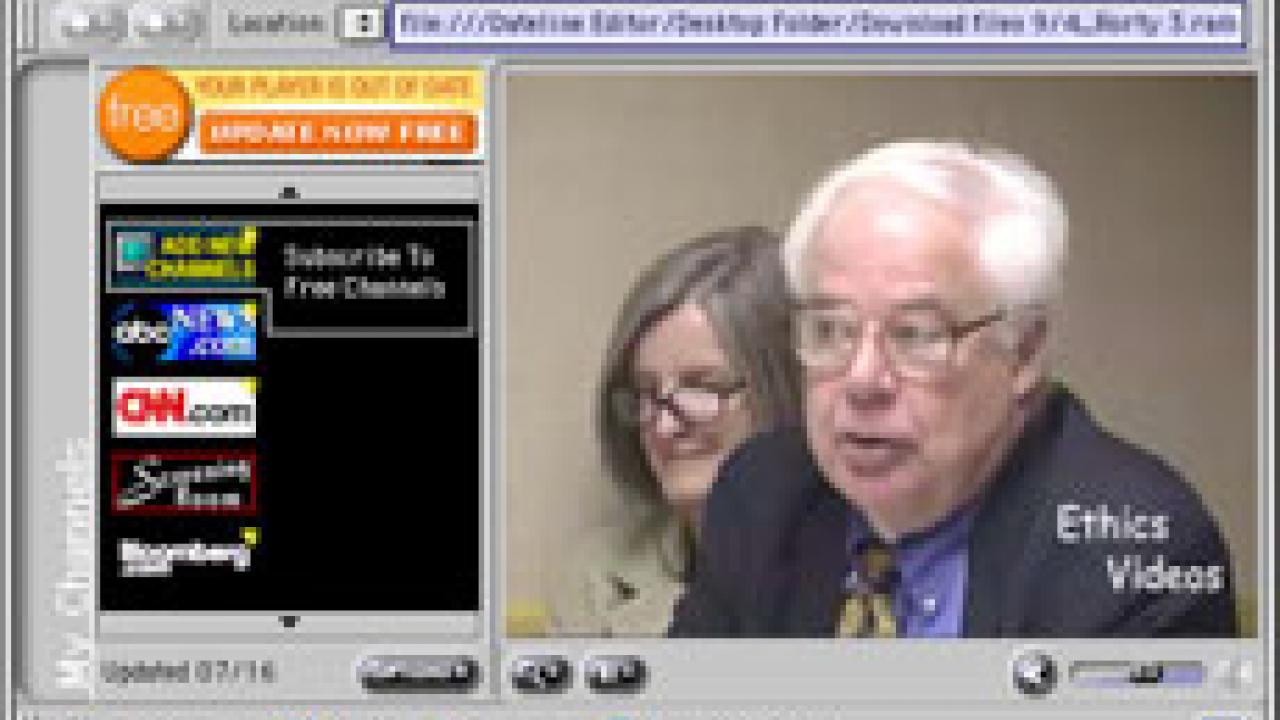Stanford University Professor Richard Rorty, one of the most famous -- and controversial -- philosophers of modern times, will deliver the Department of History's annual Eugene Lunn Lecture at 7:30 p.m. Tuesday, Feb. 24, at the University Club, in rooms 1 and 2.
Rorty, a professor of comparative literature, will deliver the talk "Universalist Grandeur, Romantic Profundity, Humanist Finitude."
With the publication of his provocative critique of the metaphysical tradition in Western philosophy, Philosophy and the Mirror of Nature (1979), Rorty became the central figure behind the revival of the American pragmatic tradition of philosophy.
He has been equally pivotal in bringing American philosophy into a constructive dialogue with the Continental tradition of philosophy, according to UC Davis history professor Michael Saler.
"His works, whether written for specialists or for the wider public, are characterized by a lucid style and a strong polemical emphasis," Saler said.
"He draws on the arguments of Nietzsche, Heidegger, Wittgenstein, Derrida and Foucault, as well as those of William James and John Dewey, in his quest to redefine philosophy away from the search for timeless truths and essences and toward redescriptive narratives that individuals fashion in order to accomplish their own finite personal, social, and political goals."
For Rorty, nearly all humanistic and scientific endeavors ultimately deal with historically contingent ways of describing the world. In Contingency, Irony, and Solidarity (1989) he discusses Nabokov, Orwell and Proust, among others, to make the case that philosophy shares the same epistemological status as literature, providing "edifying narratives" and useful metaphors for both individual self-fashionings and social policies.
Saler points out that while Rorty has been strongly criticized for his views by philosophers as well as political activists, his training in analytic philosophy, and a lifelong commitment to a progressive political tradition (he was a "red-diaper baby," whose parents were Trotskyists) have enabled him to engage constructively with his critics.
Streaming video of Rorty talking during the 2001 American Philosophical Association Pacific Division meeting is available at: http://www.apa.udel.edu/apa/centennial/video.html.
